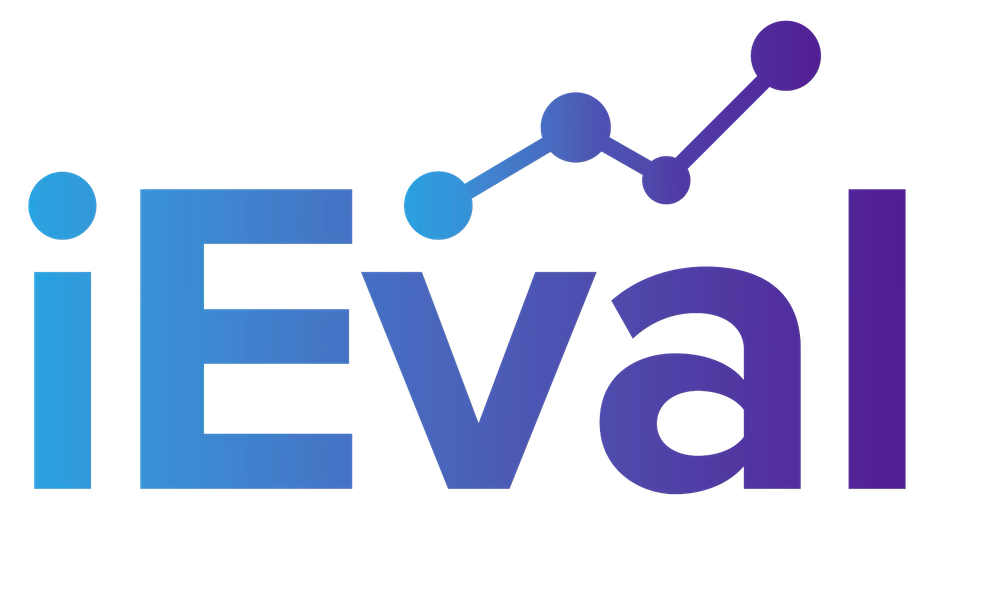A few years ago I interviewed graduate students about their experiences taking an evaluation practicum class. During the semester the students were matched up with a local nonprofit organization. The students worked in teams of two to four to identify an evaluation-based need of the organization, create a plan to meet the need, and implement the plan. For many students, it was their first time doing “real” evaluation work.
The graduate students offered tips for others embarking on evaluation, many of which have stayed with me through the years. These are helpful for not only new evaluators, but even the more seasoned among us.
- Know your limitations. While working within a practicum, the students had very real limitations with time and resources. This is true of any evaluator. Knowing your limitations of time, budget, human resources, and skills will shape your work.
- Learn from the experience. For students, they were learning new skills and how to interact with clients. Some students suggested for evaluators to keep a journal of what you are doing. Take notes. How did you handle the situation? Was it handled appropriately? Would you do something differently? What other possibilities are there for handling similar situations? Reflect back after evaluation is over and learn from your experiences.
- Time management. It is easy to get in over your head. You may not be able to provide what you said you would provide. Build in extra time to collect data. For example, someone might not be available for an interview or someone might not show up when they said they would – this may not because you are a student but just how things operate. Balance what time is available and how you dedicate it. Stay on top of the work; do as much as you can with the time you have.
- Discuss what you are doing. Talk to other students about methods they are using. Ask them if they see any holes you don’t see. Reach out to experts and colleagues.
- Clarify your boundaries. Boundaries were a very real issue for graduate students working on their first evaluation. In the future they would try to finalize, establish, and understand the boundaries of the evaluation. Clarify to yourself how far you can go. Don’t be too ambitious; you can’t do everything.
DR. EVERETT’S USEFUL TIP: Evaluation offers a continuous education. Because no two clients or programs are the same, you learn something during each project. Jotting down notes of issues you can refer back to or talking to colleagues can help you learn from your experiences.

